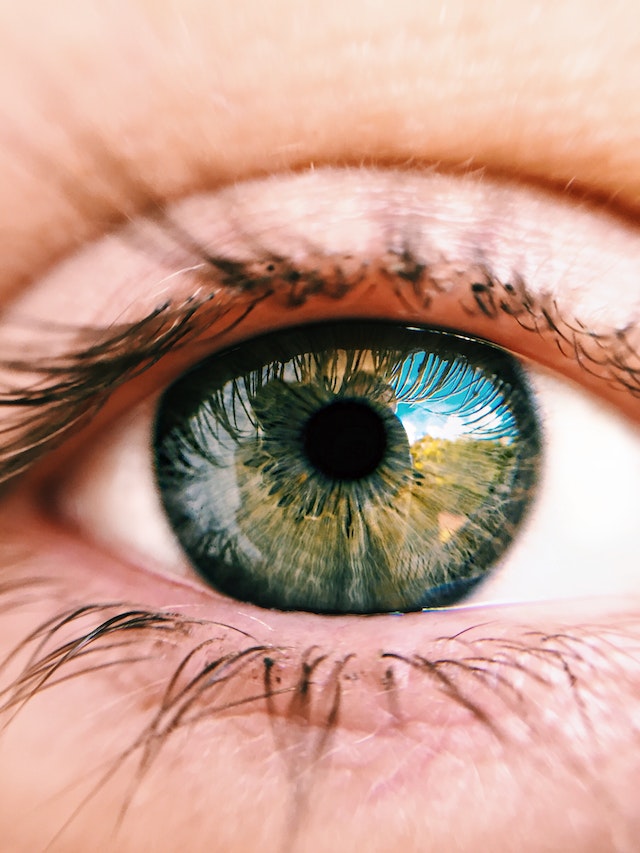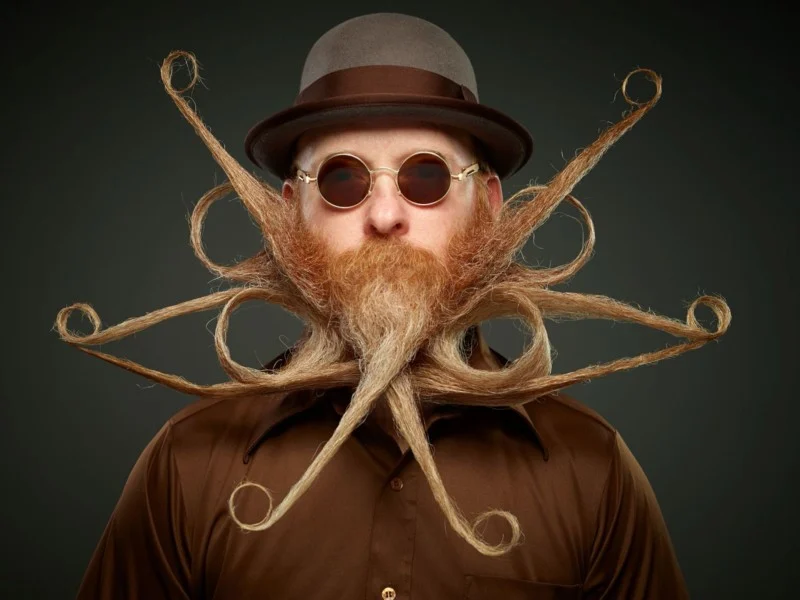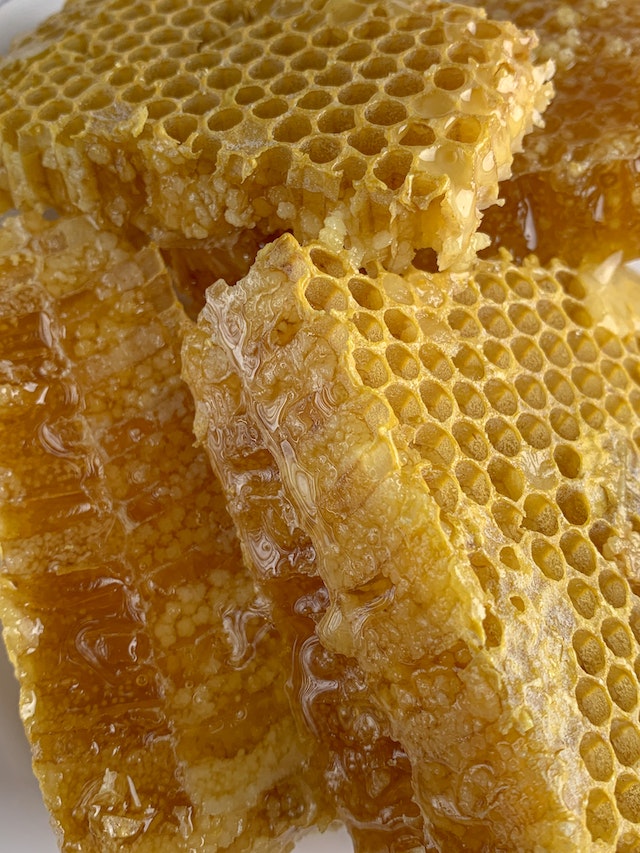Introduction:
Beauty is a concept that has intrigued philosophers, artists, and thinkers for centuries. From the grand works of art to the faces we find attractive, beauty seems to hold a universal appeal. But is beauty truly universal, or is it subjective and influenced by personal taste? In this thought-provoking piece, we delve into the complexities of beauty, challenge the notion of universality, and explore the subjectivity and personal taste that shape our perceptions.
The Elusive Definition of Beauty:
Defining beauty is no easy task. Throughout history, numerous definitions have emerged, highlighting the ever-changing nature of beauty. We explore the cultural, historical, and societal factors that shape beauty ideals, emphasizing the diversity of perspectives across different cultures and time periods. By acknowledging the multitude of definitions, we challenge the notion of a universal standard of beauty.
The Influence of Personal Taste:
Personal taste plays a significant role in our perception of beauty. What one person finds captivating, another may find unappealing. We delve into the factors that contribute to individual preferences, such as upbringing, personal experiences, and cultural background. By understanding the influence of personal taste, we appreciate the richness and diversity in our perceptions of beauty.
The Subjectivity of Beauty:
Beauty is inherently subjective, varying from person to person. We examine the subjectivity of beauty through the lens of aesthetics and psychology. By exploring the concept of aesthetic relativism, we come to understand that beauty is not an inherent quality of an object or person but rather a product of our own subjective experiences and interpretations.
Cultural and Societal Influences:
While beauty may be subjective, cultural and societal influences shape our understanding of beauty to a certain extent. We investigate the impact of media, advertising, and social norms on our perceptions of beauty. From the idealized images of flawless models to the influence of social media filters, we analyze how external factors mold our understanding of beauty and perpetuate certain standards.
The Power of Diversity:
Diversity in beauty is a testament to its subjectivity. We celebrate the beauty of different cultures, races, body types, and ages, challenging the notion of a singular ideal. By embracing diversity, we break free from the constraints of societal beauty standards and cultivate a more inclusive and accepting perspective.
The Importance of Self-Acceptance:
In a world that often imposes narrow beauty ideals, self-acceptance becomes a radical act. We explore the significance of embracing one’s unique features and cultivating self-confidence. By shifting the focus from external validation to self-love and acceptance, we empower individuals to define their own standards of beauty.
Conclusion:
Beauty is not a universal concept but rather a product of subjectivity and personal taste. By debunking the myth of universality, we open up a world of diversity, acceptance, and self-expression. As we navigate the complexities of beauty, let us celebrate the power of subjectivity, embrace personal taste, and recognize the beauty that lies within ourselves and others.











